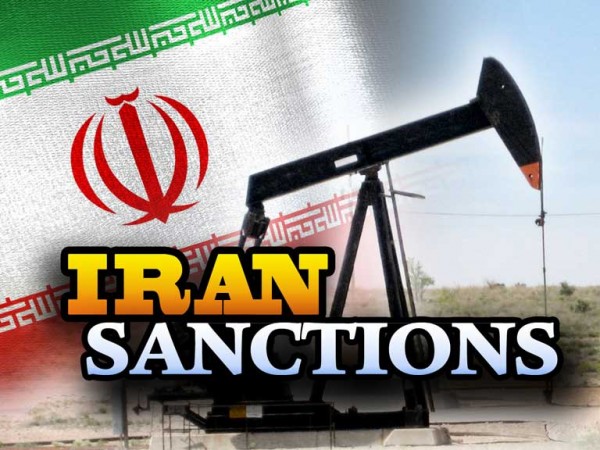 As the United States and Iran come closer to a historic nuclear deal, many U.S. states are likely to stick with their own sanctions on Iran that could complicate any warming of relations between the long-time foes.
As the United States and Iran come closer to a historic nuclear deal, many U.S. states are likely to stick with their own sanctions on Iran that could complicate any warming of relations between the long-time foes.
In a little known aspect of Iran’s international isolation, around two dozen states have enacted measures punishing companies operating in certain sectors of its economy, directing public pension funds with billions of dollars in assets to divest from the firms and sometimes barring them from public contracts.
In more than half those states, the restrictions expire only if Iran is no longer designated to be supporting terrorism or if all U.S. federal sanctions against Iran are lifted – unlikely outcomes even in the case of a final nuclear accord. Two states, Kansas and Mississippi, are even considering new sanctions targeting the country.
The prospect of unwavering sanctions at the state level, or new ones, just as the federal government reaches a landmark agreement with Iran risks widening a divide between states and the federal government on a crucial foreign policy issue.
Though U.S. states have often coordinated their measures with federal sanctions on Iran, their divestment actions sometimes take a tougher line on foreign firms with Iran links than is the case under federal policy.
“Our investment sanctions are not tied in any way to President Obama’s negotiations with the Iranians,” said Don Gaetz, a Republican Florida state senator who sponsored legislation in 2007 punishing companies with investments in Iran’s energy sector.
“They would have to change their behavior dramatically and we would not be necessarily guided by President Obama or any other president’s opinion about the Iranians,” Gaetz said.
Reuters

Leave a Reply
You must be logged in to post a comment.